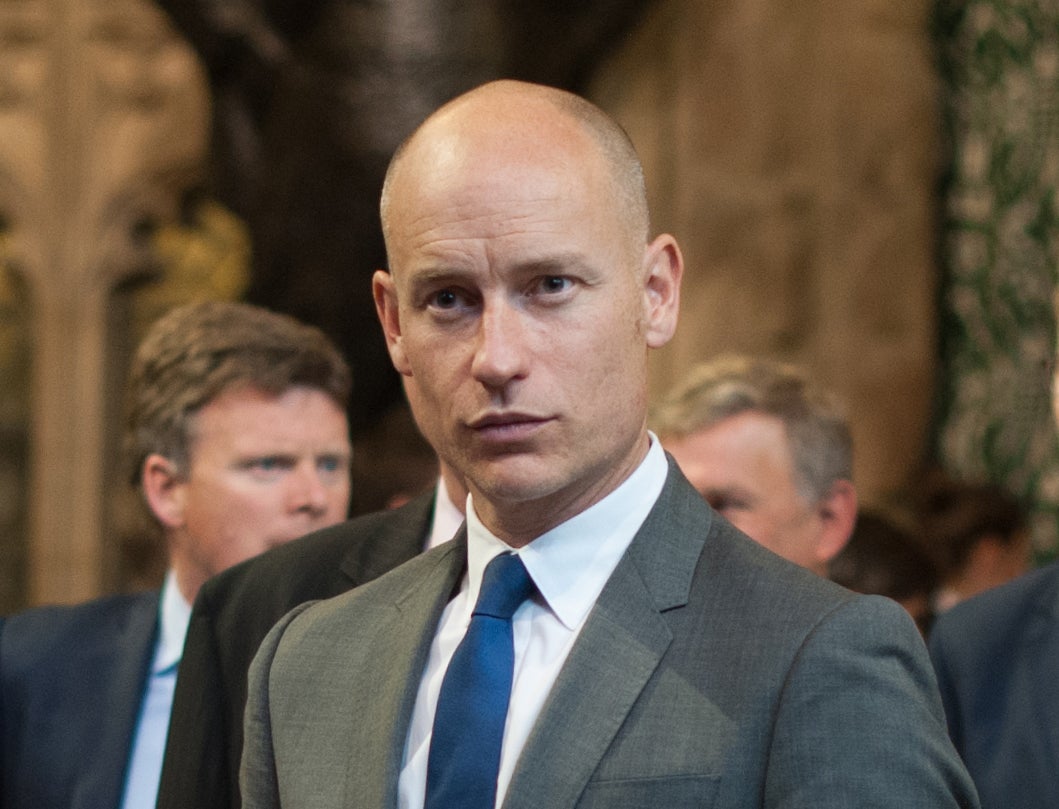Anger after leak shows steel industry is ‘low priority’ in Brexit talks

Labour MPs who represent steel-producing areas have slammed the Government after a leaked document showed the industry has been marked “low priority” for Brexit negotiations.
The list divides Britain’s industries into “low priority”, “medium priority” and “high priority” for negotiations – indicating how much special attention they needed in the Brexit process.
High priority industries include banking and the automotive industry, while fisheries and the chemicals industry sit in the middle tier. Steel and telecoms are in the bottom tier.
It is understood that the list, which was obtained by The Times newspaper, does not indicate the Government’s view of how important a sector is – but how much attention they will require during Brexit.
A Government spokesman said: “We do not comment on partial accounts of leaked documents.
“We have been doing detailed work to prepare for the negotiation, analysing more than 50 sectors and cross-cutting issues.”
Tom Blenkinsop, who represents Middlesbrough and Cleveland and chairs the all-party parliamentary group on steel, said the approach risked the introduction of tariffs on steel exports by the EU.
“The steel industry can thrive in the United Kingdom given the right market environment but this document suggests that the government are not willing to work to provide this,” he said.
“The dumping of cheap Chinese steel is a huge worldwide problem for the steel industry and we need to work with other steel producing nations to remain competitive in a saturated market. The last thing that British steel industry needs is an import tariff on their goods.
“I will be seeking assurances that the British steel industry will not be an afterthought in the upcoming negotiations from the government’s Brexit Secretary when Parliament returns from recess.”
Meanwhile Stephen Kinnock, MP for Aberavon, the home of the Port Talbot steelworks said
“Once again we see a government who approach the British steel industry with a toxic combination of incompetence and indifference,” he warned.
“The Government seem totally unaware of the fundamental importance of the steel industry not only to other manufacturing sectors, but to the fate of communities up and down the country.

“The loss of the Port Talbot steel works alone would cost 40,000 jobs across the economy, local community and supply chains, and could cost the Exchequer £4.6bn.
“It is this indifference to the fate of our communities and industry that is the most galling, and I think my constituents and steel communities up and down the country can be forgiven for wondering if the government would have a different attitude were the steel industry was based in the South East.”
He said the Prime Minister “seems to be falling at the first hurdle” in her pledge to ensure Brexit helped the whole country.
“The fundamental question facing her now is this: will Brexit be about picking winners, and favouring those who have the most effective lobbying operations, or will it be about the radical redistribution of wealth and opportunity across our economy and communities that she spoke about on the steps of 10 Downing Street?
“Let us hope that the Prime Minister will come to the right answer to that question, and fast.”
TUC general secretary Frances O’Grady meanwhile reiterated her call for trade unions to be involved in the Brexit negotiation process.

“Working people in the so-called ‘low priority’ industries will be worried that the government is going to leave them paying the price for Brexit. These industries employ lots of people on decent wages, so it would put the livelihoods of many families at risk,” she said.
“It shows how important it is for the government to give working people a genuine voice in negotiations by involving trade unions.”
Join our commenting forum
Join thought-provoking conversations, follow other Independent readers and see their replies
Comments
Bookmark popover
Removed from bookmarks